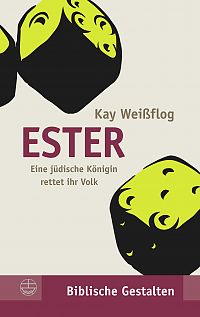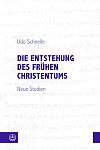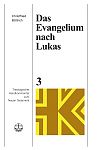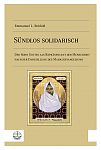Kay Weißflog
Es klingt wie ein Märchen aus tausendundeiner Nacht: Die Jüdin Ester wird die Frau des persischen Königs. Aufgewachsen ohne Eltern als Adoptivtochter ihres Cousins Mordechai gelangt sie am Hof zu Beliebtheit und Ansehen. Doch ihr Volk ist in großer Gefahr. Haman, der Vizekönig, will alle Juden im persischen Reich vernichten. Ester und Mordechai gelingt es, diese Pläne zu vereiteln. Die Feinde des jüdischen Volkes scheitern. Zur Erinnerung daran wird das Purimfest gestiftet, das im Judentum eine bedeutende Rolle spielt.
Das Buch Ester ist über zweitausend Jahre alt. Umso frappierender sind die Parallelen zu Ereignissen der jüngeren Vergangenheit. Der nationalsozialistische Antisemitismus und Judenhass hat Millionen jüdischer Frauen, Männer und Kinder das Leben gekostet. Aktualität besitzt das Buch Ester noch immer. Es handelt von Feindschaft und Gewalt gegenüber dem jüdischen Volk – und von der Gewissheit, dass ihm Rettung und Hilfe widerfahren wird.
[Esther. A Jewish Queen Saves her People]
It sounds like a fairy tale from the Arabian Nights: the Jew Esther becomes the wife of the Persian king. Raised without parents as the adopted daughter of her cousin Mordecai, she achieves popularity and esteem at the court. But her people are in great danger. Haman, the viceroy, wants to destroy all Jews in the Persian Empire. Esther and Mordecai succeed in thwarting these plans. The enemies of the Jewish people fail. In commemoration, the festival of Purim is instituted, which plays an important role in Judaism.
The Book of Esther is over two thousand years old. Thus parallels to events of the recent past are all the more striking. National Socialist anti-Semitism and hatred against Jews cost the lives of millions of Jewish women, men and children. The Book of Esther is relevant to this day. It is about hostility and violence against the Jewish people – and about the certainty that they will be saved and helped.
Zum Autor
Kay Weißflog, Dr. theol., Jahrgang 1977, studierte von 1996 bis 2003 Theologie in Leipzig. Nach Promotion und Vikariat in der Oberlausitz war er Studieninspektor am Evangelischen Konvikt in Halle (Saale) und wissenschaftlicher Mitarbeiter an der Theologischen Fakultät der Martin-Luther-Universität Halle-Wittenberg. Seit 2018 ist Kay Weißflog Pfarrer in Bautzen. Daneben wirkt er u. a. als Dozent für Altes Testament beim Kirchlichen Fernunterricht KFU und als Autor bei den Göttinger Predigtmeditationen (GPM).






